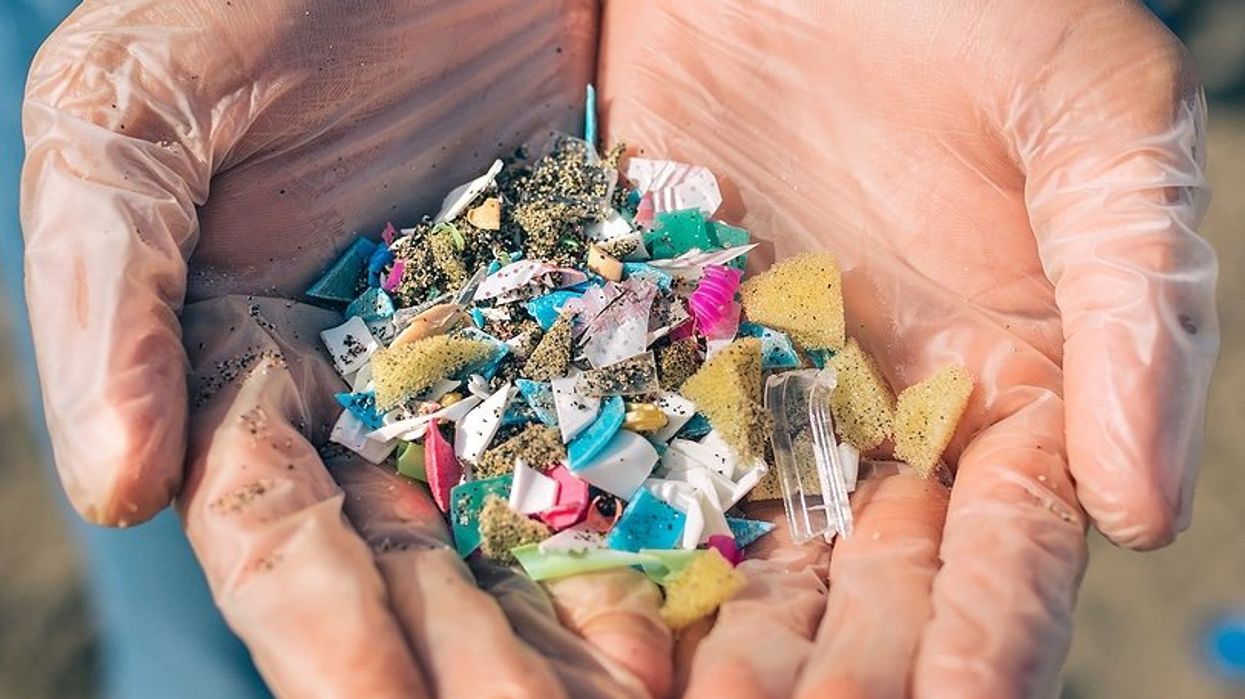Lawmakers are pushing for PFAS restrictions, but with tens of thousands of these chemicals in use and only six regulated, experts say industry innovations outpace regulatory efforts.
Katherine Fung reports for Newsweek.
In short:
- PFAS, used in consumer goods for water and oil resistance, persist in the environment and human bodies, raising concerns over cancer, fertility issues and developmental harm.
- The U.S. has begun regulating six PFAS in drinking water, but experts argue that thousands more remain unregulated, with industry constantly developing new variants.
- Scientists and advocates urge regulating PFAS as a class rather than addressing individual chemicals, saying the current approach is ineffective.
Key quote:
"The problem is that the industry keeps inventing new ones. Every time you get rid of an old one, or you control an old one, a bunch of new ones are coming at you. It's like playing whack-a-mole."
— Erik Olson, Natural Resources Defense Council
Why this matters:
Exposure to PFAS has been linked to serious health issues, including cancer, thyroid disease, liver damage and developmental problems in children. Yet efforts to regulate these chemicals have been slow and uneven, allowing manufacturers to develop slightly altered versions of PFAS that bypass existing rules. These “next-generation” PFAS compounds often evade detection and remain untested for safety, perpetuating the cycle of contamination.
Related:














